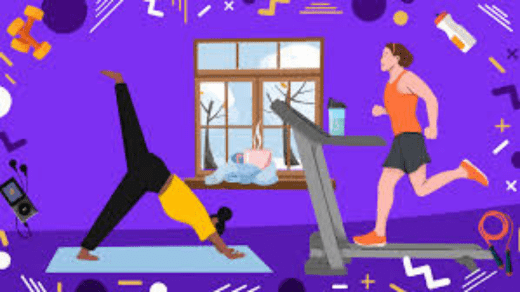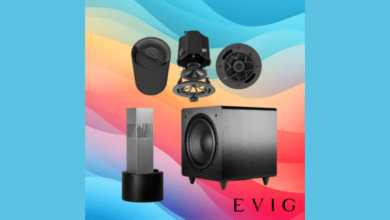
Introduction: Bodyweight workouts are a versatile and accessible form of exercise that requires no special equipment or gym membership. This guide explores 30 key points related to bodyweight workouts, along with the pros and cons associated with each aspect, to help you discover the benefits and considerations of this convenient fitness approach.
- Accessibility:
- Pros: Bodyweight workouts can be done anywhere.
- Cons: May require creativity in limited spaces.
- Cost-Effective:
- Pros: No need to invest in expensive equipment.
- Cons: Limited variety without equipment.
- Versatility:
- Pros: Wide range of exercises for different goals.
- Cons: May not target specific muscle groups as effectively.
- Beginner-Friendly:
- Pros: Suitable for all fitness levels, including beginners.
- Cons: Progression may be slower.
- Convenience:
- Pros: No need to travel to a gym; saves time.
- Cons: Self-discipline and motivation are essential.
- Full-Body Workouts:
- Pros: Engage multiple muscle groups in one session.
- Cons: Requires proper exercise selection.
- Functional Strength:
- Pros: Improves real-life movements and activities.
- Cons: May not prioritize maximal strength gains.
- Variety of Exercises:
- Pros: Countless bodyweight exercises to choose from.
- Cons: Can become repetitive without variety.
- Cardiovascular Benefits:
- Pros: Many bodyweight exercises elevate heart rate.
- Cons: May not provide high-intensity cardio.
- Weight Management:
- Pros: Helps with weight loss and maintenance.
- Cons: Diet plays a significant role.
- Body Awareness:
- Pros: Develops better awareness of body movements.
- Cons: Requires precise form for effectiveness.
- Core Strength:
- Pros: Many bodyweight exercises engage the core.
- Cons: May require progression for challenging workouts.
- Flexibility and Mobility:
- Pros: Bodyweight exercises can improve flexibility.
- Cons: May need additional stretching routines.
- Calisthenics:
- Pros: Advanced bodyweight exercises for strength.
- Cons: Mastery can be challenging.
- Progression Levels:
- Pros: Adjust exercises to suit your fitness level.
- Cons: May plateau without external resistance.
- Injury Prevention:
- Pros: Lower risk of injuries due to no equipment.
- Cons: Form and technique are crucial.
- Time Efficiency:
- Pros: Short, intense bodyweight workouts available.
- Cons: May lack variety for some individuals.
- Functional Movement Patterns:
- Pros: Emphasizes natural body movements.
- Cons: May not align with traditional gym exercises.
- Mental Engagement:
- Pros: Requires focus on form and movement.
- Cons: May not be as mentally engaging for some.
- Easily Scalable:
- Pros: Suitable for both beginners and advanced athletes.
- Cons: Progression planning is essential.
- Minimal Space Requirements:
- Pros: No need for a large workout area.
- Cons: Limited space can be a challenge.
- Age-Friendly:
- Pros: Appropriate for various age groups.
- Cons: May need adaptations for older individuals.
- Posture Improvement:
- Pros: Bodyweight exercises can correct posture.
- Cons: Consistent practice is necessary.
- Joint-Friendly:
- Pros: Lower impact on joints compared to weights.
- Cons: Overuse injuries can occur.
- Time-Effective Workouts:
- Pros: Short, intense bodyweight workouts for busy schedules.
- Cons: May require more time for comprehensive routines.
- Outdoor Workouts:
- Pros: Enjoy nature while exercising.
- Cons: Weather-dependent activities.
- Social Fitness:
- Pros: Connect with others through group workouts.
- Cons: Coordination and scheduling challenges.
- No Equipment Maintenance:
- Pros: No need to maintain or replace equipment.
- Cons: Limited resistance options.
- Bodyweight Challenges:
- Pros: Set personal challenges and goals.
- Cons: Self-motivation is essential.
- Holistic Wellness:
- Pros: Promotes overall physical well-being.
- Cons: May not be specialized for specific goals.
In conclusion, bodyweight workouts offer numerous advantages, including accessibility, cost-effectiveness, and versatility. They can be an excellent option for individuals looking to improve strength, flexibility, and overall fitness without the need for a gym or equipment. However, it’s important to customize your bodyweight routine to align with your specific fitness goals and continuously challenge yourself as you progress.





